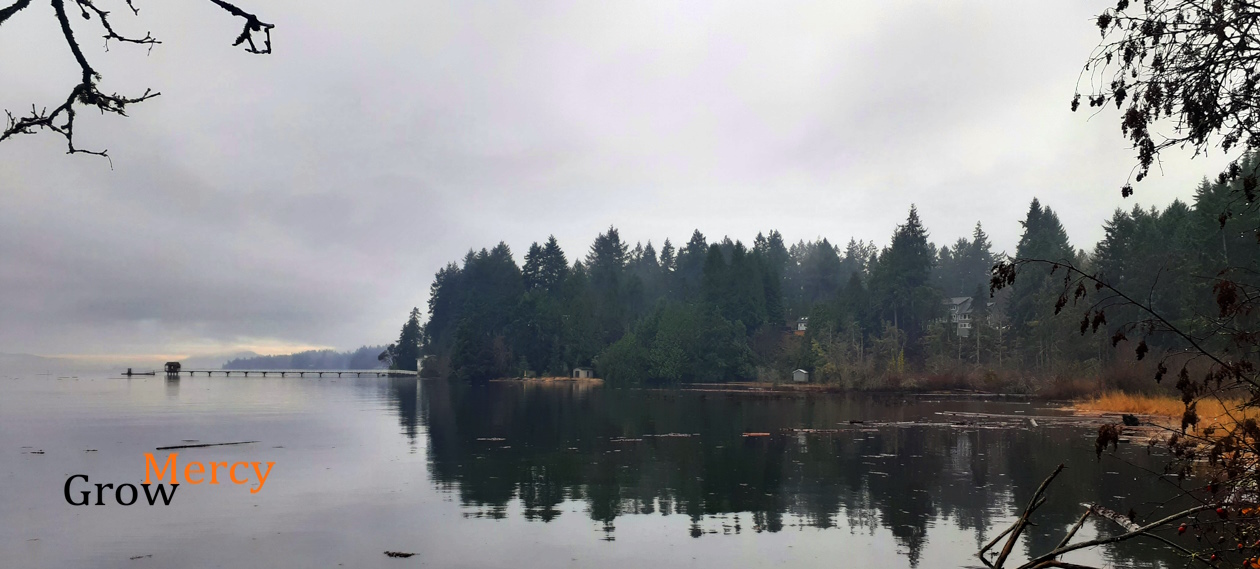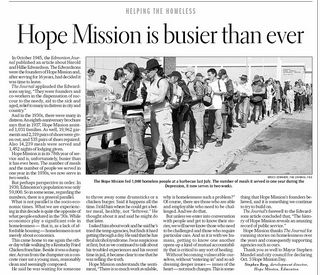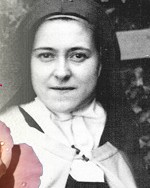…concluding the last two posts:
Several years ago a local radio talk show (The Bill and Bill Show) had a callers opine about whether the northern lights made sounds. There were a few callers who called in swearing that they had heard them and stuck to their story. The late Bill Mattheson on the other hand, produced the science and fun ribbing the troglodytes.
But we know now that "hearing" the northern lights happens. It has to do with the brain supplying the sound. This is not an audio hallucination, but a kind of leakage where a small part of the current of electrical impulses carrying the images going from the nerve endings of the eye leaks over, or is rerouted into the area of the brain where sound is processed.
This corresponds to why it is that deaf musicians can "hear" music, and can enjoy concerts and other musical events. We used to think that the brain was hard wired; one part was for this activity and another part for that. But only a few years ago Dr. Dean Shibata, an assistant professor of radiology at the University of Washington, found that the brain trains itself and rewires itself to utilize an available area.
Deaf people sense vibration in the part of the brain that other people use for hearing. The perception of the musical vibrations by the deaf is every bit as real as the equivalent sounds, since they are ultimately processed in the same part of the brain.
While I am still unable to hear the aurora boreales I am again opening myself to the possibility. When I am anointed by them, like I was just the other night, I am lingering and leaning into them. One day perhaps I’ll again hear the swoosh and crackle.
In the mean time–although I am still remanded by information and too seduced by the control I pretend it gives me–I try to read and ponder, meditate and pray in ways that will keep moving me nearer to the felt presence of God.
We all have the ability for simplicity, for an eye that is sound, for a second innocence. We carry within us a mystic-saint. We know this not only because the mystics and saints tell us this is so, but because we have all been stirred in a now forgotten place by the first play of God-light, by the first naïveté.
Test your "magic eye" skill
 |
The mystic is simply one who has become unencumbered, dispossessed of all forms of real estate, and so, as Christ says, her "eye is clear". She has moved through the information and the science, has acknowledged and is thankful for their gifts, and because of this, and in spite of this, is able to again hear the voice of light to where her whole body is filled by light.
Technorati Tags: Dr. Dean Shibata, Mystics, Bill Mattheson, Christianity, Spirituality



